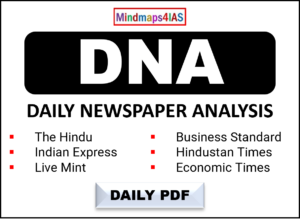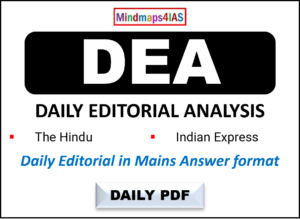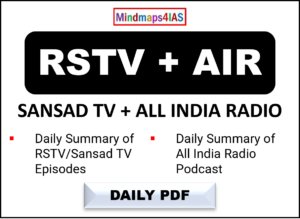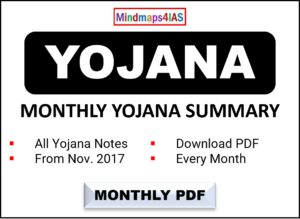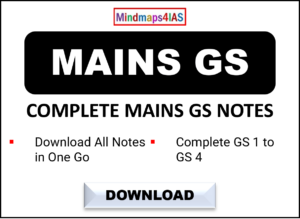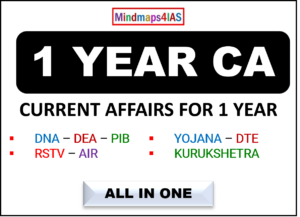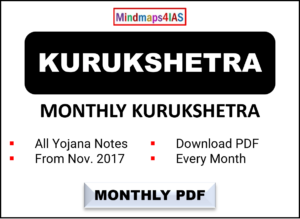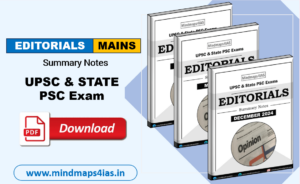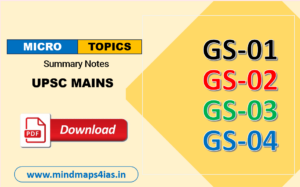Why in the News?
-
Elon Musk-owned X (formerly Twitter) has challenged the government’s use of Section 79(3)(b) of the Information Technology Act, 2000 (IT Act) to moderate and order the removal of content on social media.
-
X’s petition comes at a time when its AI chatbot Grok 3 has been courting controversy for its use of Hindi slang and responses that are critical of the government.
-
The Grok controversy also presents a new perspective on ‘safe harbour’ provisions such as Section 79 of IT Act.
Key Takeaways:
-
Grok AI Chatbot:
-
Developed by Elon Musk’s X.
-
Marketed as an ‘anti-woke’ alternative to chatbots such as OpenAI’s ChatGPT and Google’s Gemini.
-
Uses data on X (public posts) to provide ‘up-to-date information and insights.’
-
Offers an ‘unhinged’ mode for premium users, which may result in Grok being objectionable, inappropriate, and offensive.
-
Grok’s AI-generated replies to user queries on X do not always carry citations or links to sources/web pages. Grok’s use for fact-checking purposes has raised concerns that it can fuel misinformation.
-
Important Sections of IT Act, 2000
-
Section 69A:
-
Allows the Centre to issue orders blocking ‘any information generated, transmitted, received, stored or hosted in any computer resource’.
-
Content must be deemed ‘necessary’ to block, justifiable under grounds provided in Article 19(2) of the Constitution: ‘in the interests of the sovereignty and integrity of India, the security of the State, friendly relations with Foreign States, public order, decency or morality or in relation to contempt of court, defamation or incitement to an offence’.
-
Supreme Court in Shreya Singhal v Union of India (2015) clarified that it contains safeguards against misuse.
-
-
Section 79:
-
Provides social media intermediaries (X, Telegram, Facebook, Instagram, etc.) with immunity against legal prosecution for content posted by users.
-
States that any intermediary shall not be held legally or otherwise liable for any third party information, data, or communication link made available or hosted on its platform.
-
Section 79(3)(b) states that the intermediary could be held liable if it does not immediately remove such unlawful information ‘upon receiving actual knowledge, or on being notified by the appropriate Government or its agency’.
-
Supreme Court in Shreya Singhal v Union of India (2015) case limited the scope of this provision, ruling that the requirement under Section 79(3)(b) will only kick in once a court order has been passed to that effect, or the government issues a notification stating that the content in question is related to grounds provided in Article 19(2).
-
In October 2023, the Ministry of Electronics and Information Technology (MeitY) issued a directive to all ministries, state governments, and the police saying that information blocking orders could be issued under Section 79(3)(b).
-
A year later in October 2024, MeitY launched a portal called ‘Sahyog’ where the aforementioned authorities could issue and upload blocking orders.
-
Safe Harbour
-
Definition:
-
Legal immunity that online intermediaries enjoy against content posted by users on their platforms.
-
Platforms must abide by certain due diligence requirements such as censoring content when asked by government or courts.
-
Basic premise: since social media platforms cannot control at the first instance what users post, they should not be held legally liable for any objectionable content that they host, provided they are willing to take down such content when flagged by the government or courts.
-
-
Rationale:
-
Safe harbour is viewed as a basic tenet of enabling freedom of expression on these platforms.
-
Social media platforms are generally understood to be crucial tools of free speech.
-
-
International Examples:
-
In the United States, this protection is available to social media platforms under Section 230 of the Communications Decency Act.
-
Section 79 of India’s Information Technology Act, 2000 is somewhat similar — it classifies social media platforms as intermediaries and broadly shields them from legal action over the content that users post.
-
-
Digital India Act:
-
The Indian government talked about reconsidering the safe harbour clause last year during consultations on the Digital India Act, which once implemented will replace the decades old IT Act, 2000.
-
The government is yet to issue a draft of the Digital India Bill for public consultation.
-

